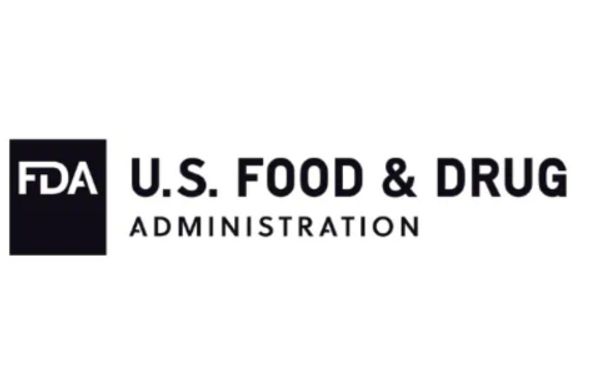
Known/Unknown shipper
A designation granted through the TSA (U.S. Transportation Security Administration) to a shipper who has been vetted by an air carrier or freight forwarder.
Through the Known Shipper Management System, TSA identifies and approves the known shipper status for qualified shippers to be able to transport their cargo on passenger aircraft. Aircraft operators, foreign air carriers and IACs must comply with a range of specific security requirements to qualify their clients as known shippers.
KNOWN SHIPPERS also benefit from special rates and better route options, due to preferred shippers' ability to move their freight using passenger planes in addition to standard cargo-only planes.
UNKNOWN SHIPPERS can only move freight by using non-passenger planes only.

FDA
All items will need FDA Manufacturer’s registration number and the device listings number from the importer. If the manufacturer’s are different for each item we will need each registration number for those manufacturer’s because if they do not match FDA will reject.
The FDA conducts various types of inspections to ensure the safety and efficacy of medical products. These inspections include:
- Pharmaceutical Inspections: Focused on compliance with regulations and safety standards.
- Inspection Classification: The FDA discloses inspection information to enhance public understanding of its processes.
- Types of Inspections: The FDA performs routine inspections, for-cause inspections, and pre-approval inspections to assess compliance with regulations

CBP NEW POA POLICY
POA new regulation states that a broker must execute a POA directly with an importer of record and not through a freight forwarder or other third party to transact customs business on behalf of the client. The term “directly” means the client must execute and sign the POA in direct communication with the broker and cannot have an agent or third party sign or negotiate the POA in their stead.
Customs Broker will no longer be able to accept a Power of Attorney from a third party (i.e. agent, freight forwarder, attorney). This rule will also prevent the use of Sub-POAs unless the sub is being issued by another licensed broker. Lastly and most importantly, this rule will invalidate ALL previous Powers of Attorney that we have received from a third party and not from the importer directly.

CT-PAT PROGRAM
Customs Trade Partnership Against Terrorism (CTPAT) is but one layer in U.S. Customs and Border Protection’s (CBP) multi-layered cargo enforcement strategy. Through this program, CBP works with the trade community to strengthen international supply chains and improve United States border security.
CTPAT is a voluntary public-private sector partnership program which recognizes that CBP can provide the highest level of cargo security only through close cooperation with the principle stakeholders of the international supply chain such as importers, carriers, consolidators, licensed customs brokers, and manufacturers. The Security and Accountability for Every Port Act of 2006 provided a statutory framework for the CTPAT program and imposed strict program oversight requirements.